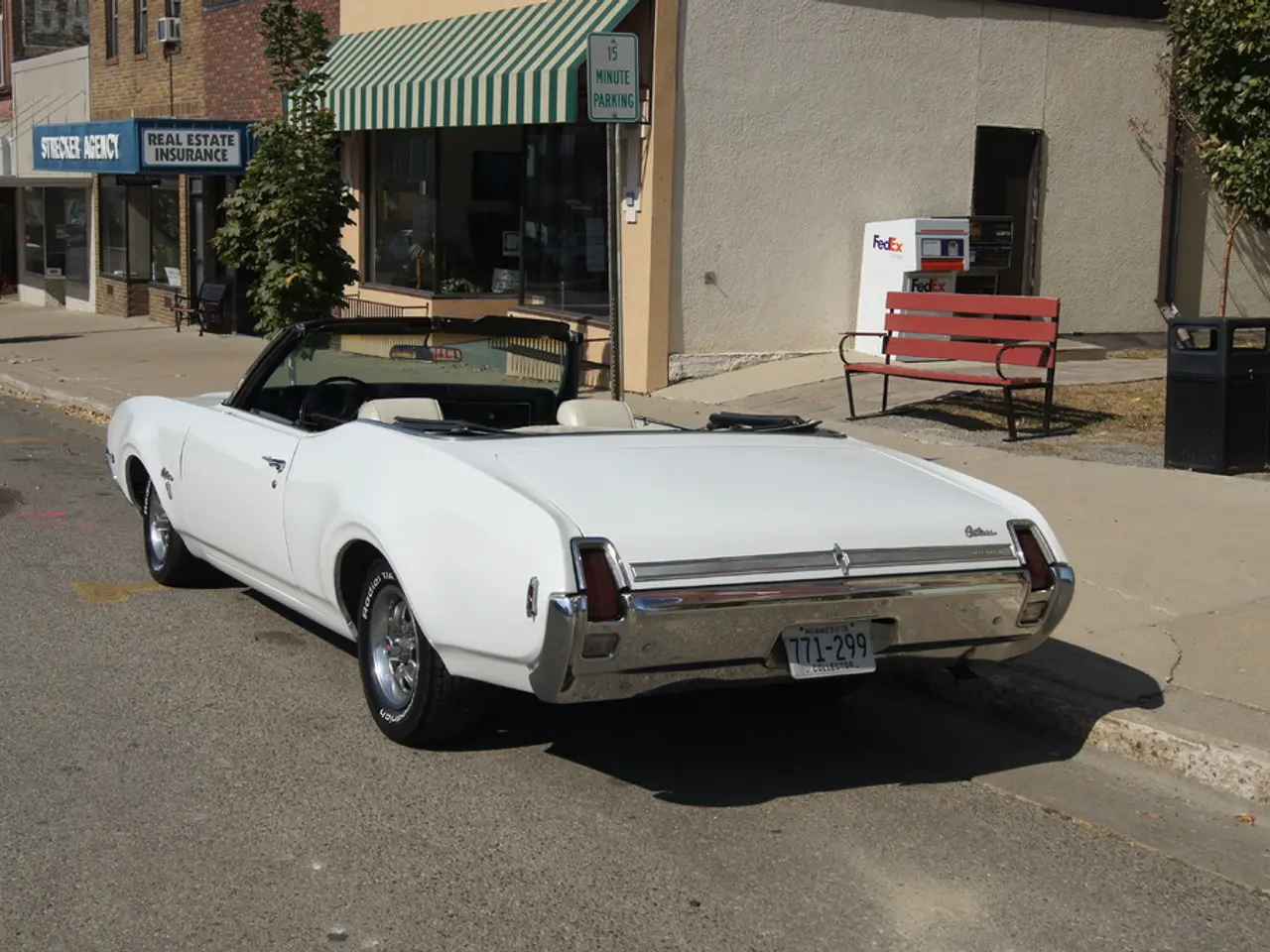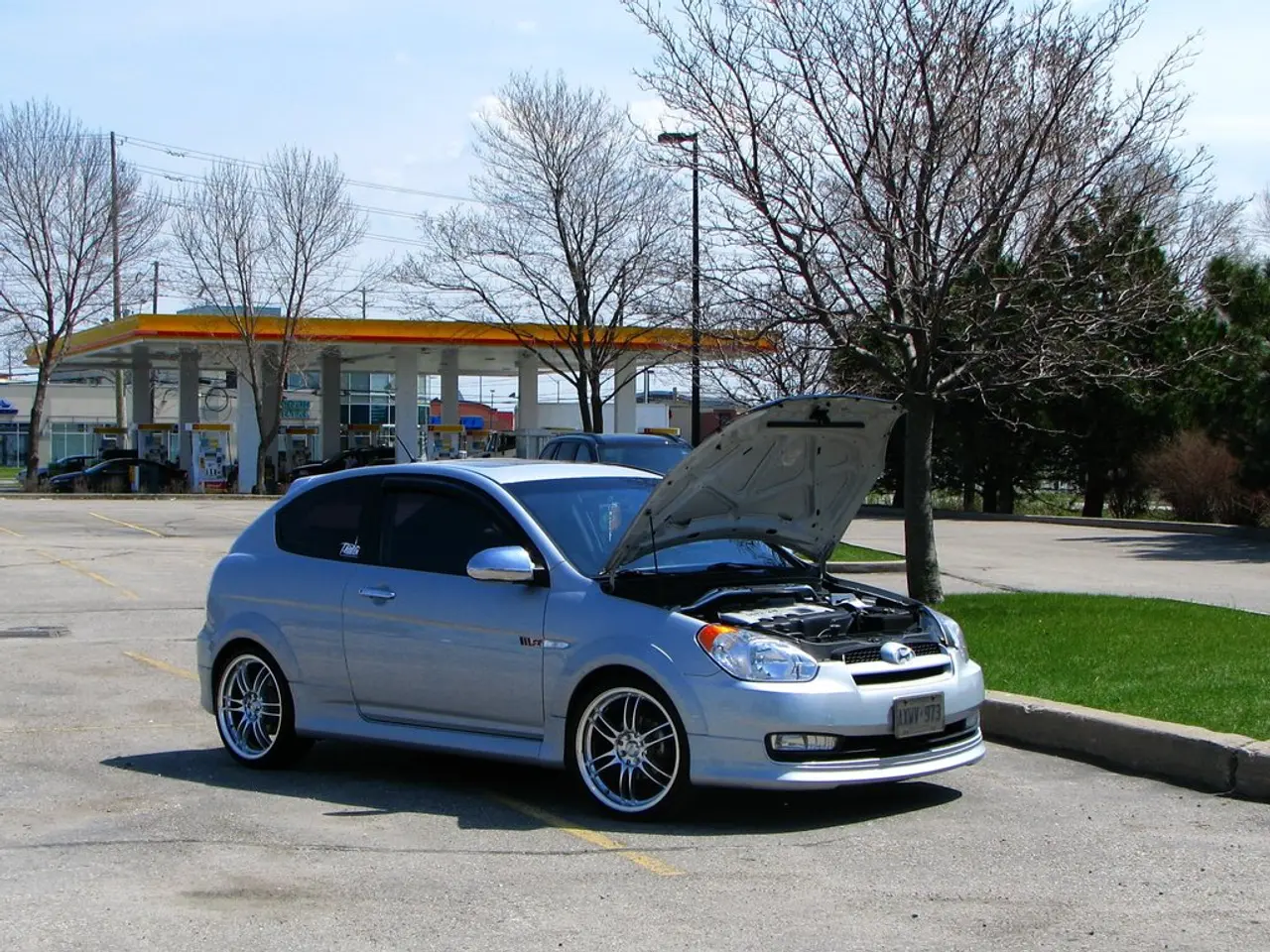Strategies for Updating Auto Insurance Policies
As the end of your car insurance contract approaches, it's crucial to review and potentially change your policy to secure the best deal and avoid coverage gaps. Here's a breakdown of the optimal timing for renewal, dealing with increases in contributions, and key factors to consider.
**Optimal Timing to Review and Change Car Insurance:**
Insurers typically send a renewal quote 3 to 4 weeks before your current policy expires, providing the perfect window to start shopping around for new quotes or negotiating with your current insurer. However, research suggests that the best time to renew or switch insurance is about 15 to 24 days before the policy end date. Renewing during this "sweet spot" can result in savings of up to 45% compared to renewing at other times or allowing auto-renewal without comparison. Aiming for around 3 weeks before expiry balances having enough time to compare without paying more.
**Dealing with Increase in Contributions:**
If your insurer raises their renewal price, you can use quotes from other providers to negotiate a better deal with your current insurer. They may match or improve their offer. If negotiation fails, you can cancel the auto-renewal, ensuring your new insurance starts as soon as the old one ends to avoid gaps in cover.
It's essential to review your policy details (mileage, named drivers, security features) when renewing or switching, as accurate information and small adjustments can reduce your premium.
**Key Points to Remember:**
| Timing | Action | Benefit | |-------------------------|-----------------------------------------------------|---------------------------------------------| | 3-4 weeks before expiry | Receive renewal quote, start comparing quotes | Enough time to find better deals | | 15-24 days before expiry| Renew or switch insurance | Potential savings up to 45% | | Close to expiry | Negotiate with current insurer or cancel auto-renewal | Avoid paying increased premiums or gaps in cover |
By planning your renewal or switch within this timeframe and actively comparing offers, you can minimize costs and avoid unexpected premium increases.
It's important to note that different services may be crucial in urban areas compared to rural ones, which may affect car insurance tariffs. Insurers are legally obliged to inform the policyholder in writing of any increase in contributions, and the policyholder has the right to exercise a special right of termination if the renewal price is too high.
Additionally, moving to a new region may necessitate a change in car insurance due to a change in the regional class, which can impact the car insurance premium. Each vehicle requires its own insurance policy, so changing a vehicle necessitates taking out a new car insurance policy. The contract term may vary depending on the provider and tariff regulations, with a one-month special notice period applying from the date of the insurer's notification of the increase in contributions. Car insurance typically expires on December 31st, allowing termination for a change on January 1st.
Many car insurance providers offer switching bonuses to attract new customers, making it worthwhile to explore your options and secure the best deal for your needs.
By keeping in mind the optimal timing to renew or switch your car insurance, such as 15 to 24 days before the policy end date, you can potentially save up to 45% compared to other periods. In addition, staying aware of changes in your lifestyle, like buying a new car, moving to a different region, or altering your vehicle's security features, may require an adjustment in your car insurance coverage to ensure continuous coverage and lower premiums.




